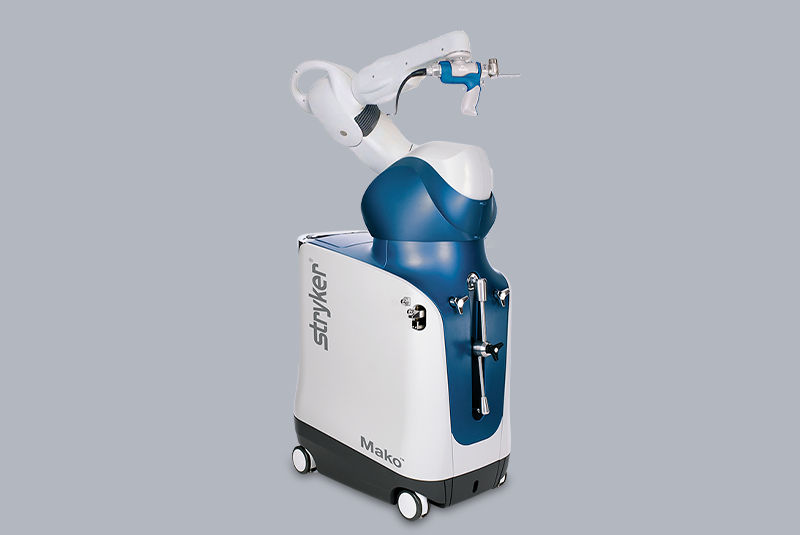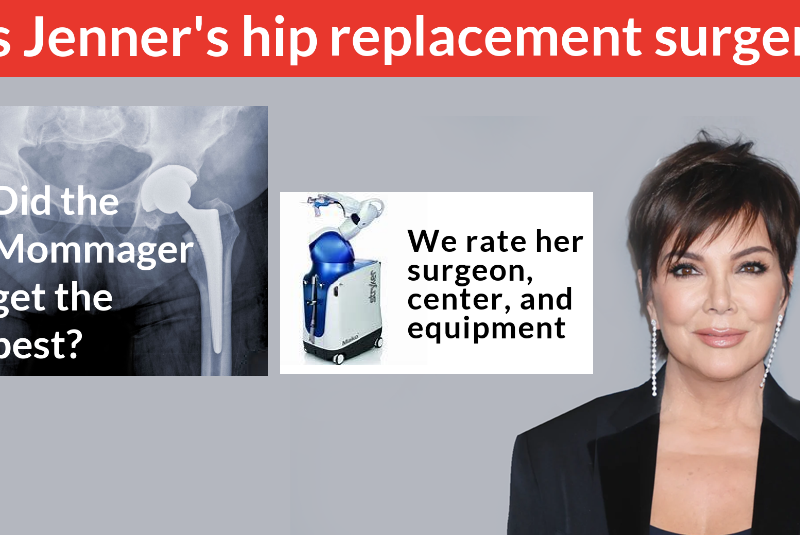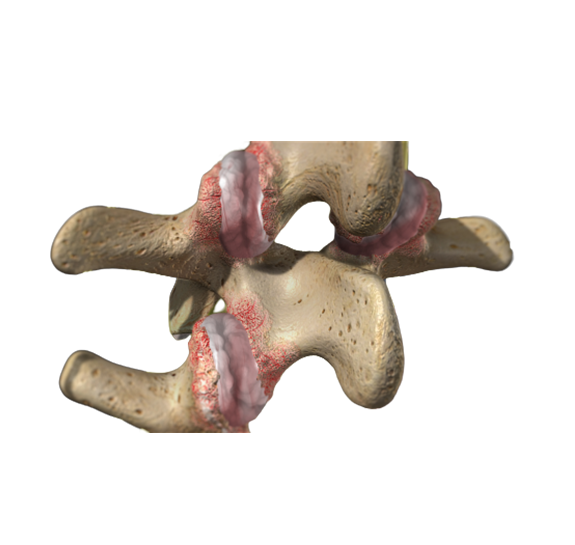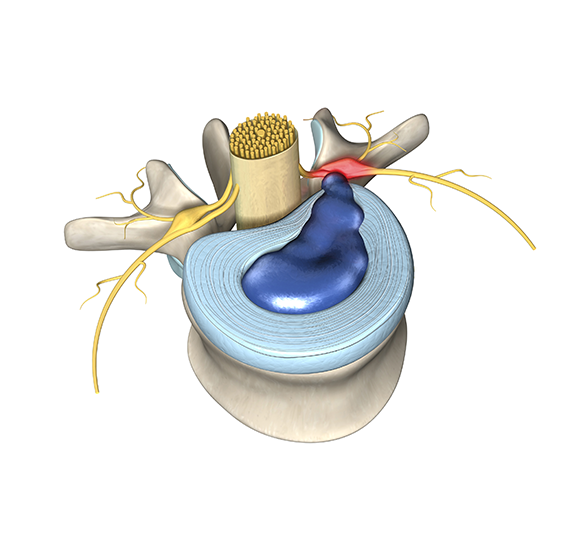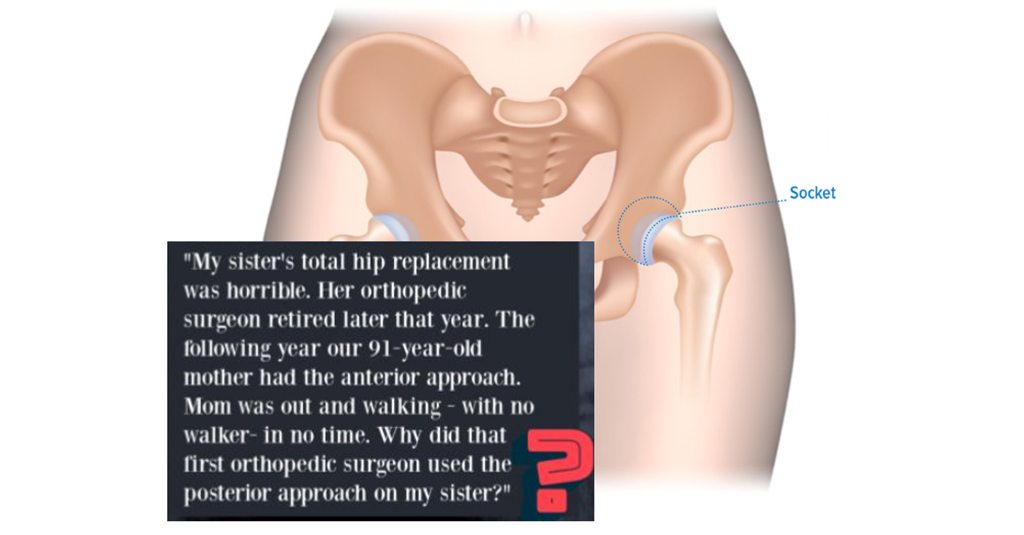
If traditional hip replacement surgery is so bad, why do they still do them?
If traditional hip replacement surgery is so bad, why do they still do them? https://bestpracticehealth.tv/wp-content/uploads/2023/02/banner-traditional-hip-replacement.png 1024 535 Best Practice Health TV Best Practice Health TV https://bestpracticehealth.tv/wp-content/uploads/2023/02/banner-traditional-hip-replacement.pngGreat question. The anterior approach that your sister had is what people call a “minimally invasive approach.” The other two minimally invasive approaches to total hip replacement are superPATH and Direct Superior. In this response I am going to use the term “minimally invasive approach” to mean any one of those three.
Thankfully, whether the orthopedic surgeon chooses the legacy approach your sister had, or a minimally invasive one like your mom, there is a good chance you end up happy. Ninety two percent of people are satisfied with the legacy posterior approach to total hip replacement. But by now everyone gets that minimally invasive is better for at least 3 reasons:
- Less painful It is so much less painful that you do not have to take dangerous narcotics, or even be admitted to the hospital. Today the average joint replacement surgery is 100 min, robotic assisted, and done in an ambulatory surgery center.
- Faster recovery The recovery is so much faster that you can toss the walker or cane within one week and be back to desk work in two.
- Muscle sparing By sparing your own muscles a minimally invasive approach leaves your hip stronger, and so you have no permanent restrictions. Which means you are free to do what you want. Which is why you had surgery in the first place.
So, if minimally invasive is so much better, why do the VAST MAJORITY of orthopedic surgeons still do it the old-fashioned way? The answer is well known to anybody in this field.
Posterior is all they know
If your surgeon was trained before the last ten years, they did not learn minimally invasive approaches or how to use a robotic assistant in school. From the legacy orthopedic surgeons’ point of view, if it ain’t broken, why fix it? Posterior was horrible for your sister, but 92% of people are happy. So, what is the problem?
Everything may be fine for them, but that is not good enough for you.
At this point there are plenty of great orthopedic surgeons who perform more than 200 hips a year and who will take your insurance if you want to stay in network. If I or a family member were having hip replacement surgery today, there is no way I would have posterior surgery. (By thew ay, I would go to someone in an ambulatory surgery center to keep me away from the hospital, and make sure I got a robotic assistant as well).
Posterior is not good enough for you, either. You deserve the best.
If you need help finding the right surgeon, contact me.

Dr. Dan Lieberman, MD
- Post Tags:
- Pg - Total hip replacement
- Posted In:
- Total Hip Replacement



